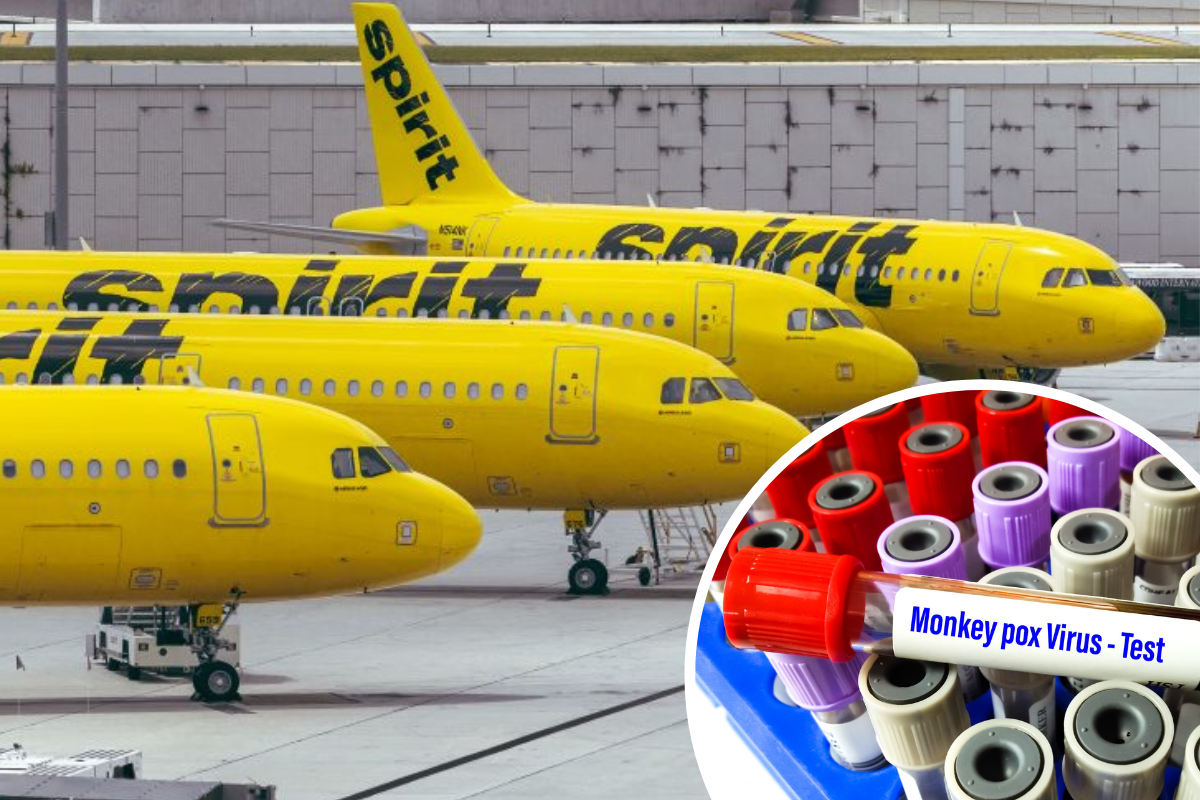
A woman traveling on a recent Spirit Airlines flight claims she was nearly booted off the plane over fears she had Monkeypox. It turns out, however, that the rash that a flight attendant mistakenly identified as Monkeypox on Jacqueline Ngu’s face was, in fact, chronic life-long eczema that she treats with topical ointments and creams.
Jacqueline used TikTok to share her experience of what she described as “medical discrimination” after she was initially removed from the plane and asked to hand over a medical certificate to prove her rash was eczema and nothing contagious.
“Misinformation leads to discrimination/hostility,” Jacqueline said on TikTok. “Everyone with a visible non-contagious skin condition has been anticipating this,” she said in response to the recent global outbreak of Monkeypox.
Last month, World Health Organization (WHO) director Tedros Adhanom Ghebreyesus described the outbreak as a “public health emergency of international concern” but health officials have moved to reassure the public that the risk of inflight transmission is incredibly low.
Jacqueline says the ordeal left her “humiliated” and claims she was only allowed back aboard the plane when she produced a tube of prescribed eczema cream.
Even then, however, Jacqueline says one flight attendant saw her and promptly turned around and walked in the opposite direction while avoiding looking at her, “as if eye contact could spread it”.
For many years, cases of Monkeypox in humans were primarily seen in central and west Africa but in recent months more than 16,000 cases have been detected 75 countries and territories. So far, only a handful of deaths have been reported.
In the current outbreak, the majority of cases have been detected in men who have sex with men but Monkeypox is not a sexually transmitted infection and anyone can be at risk.
According to the Centers for Disease Control and Prevention (CDC), Monkeypox generally spreads “through close, personal, often skin-to-skin contact” and this includes intimate contact, as well as hugging and prolonged face-to-face contact.
Monkeypox can also spread through any other direct skin contact with Monkeypox scabs or lesions, as well as by touching fabrics or objects that were used by a person with Monkeypox.
For that reason, some experts have suggested travelers who are concerned about Monkeypox should consider wearing trousers and long-sleeve shirts in shared public spaces such as a airplane cabin.
TOTH: CBoardingGroup
Mateusz Maszczynski honed his skills as an international flight attendant at the most prominent airline in the Middle East and has been flying ever since... most recently for a well known European airline. Matt is passionate about the aviation industry and has become an expert in passenger experience and human-centric stories. Always keeping an ear close to the ground, Matt's industry insights, analysis and news coverage is frequently relied upon by some of the biggest names in journalism.







